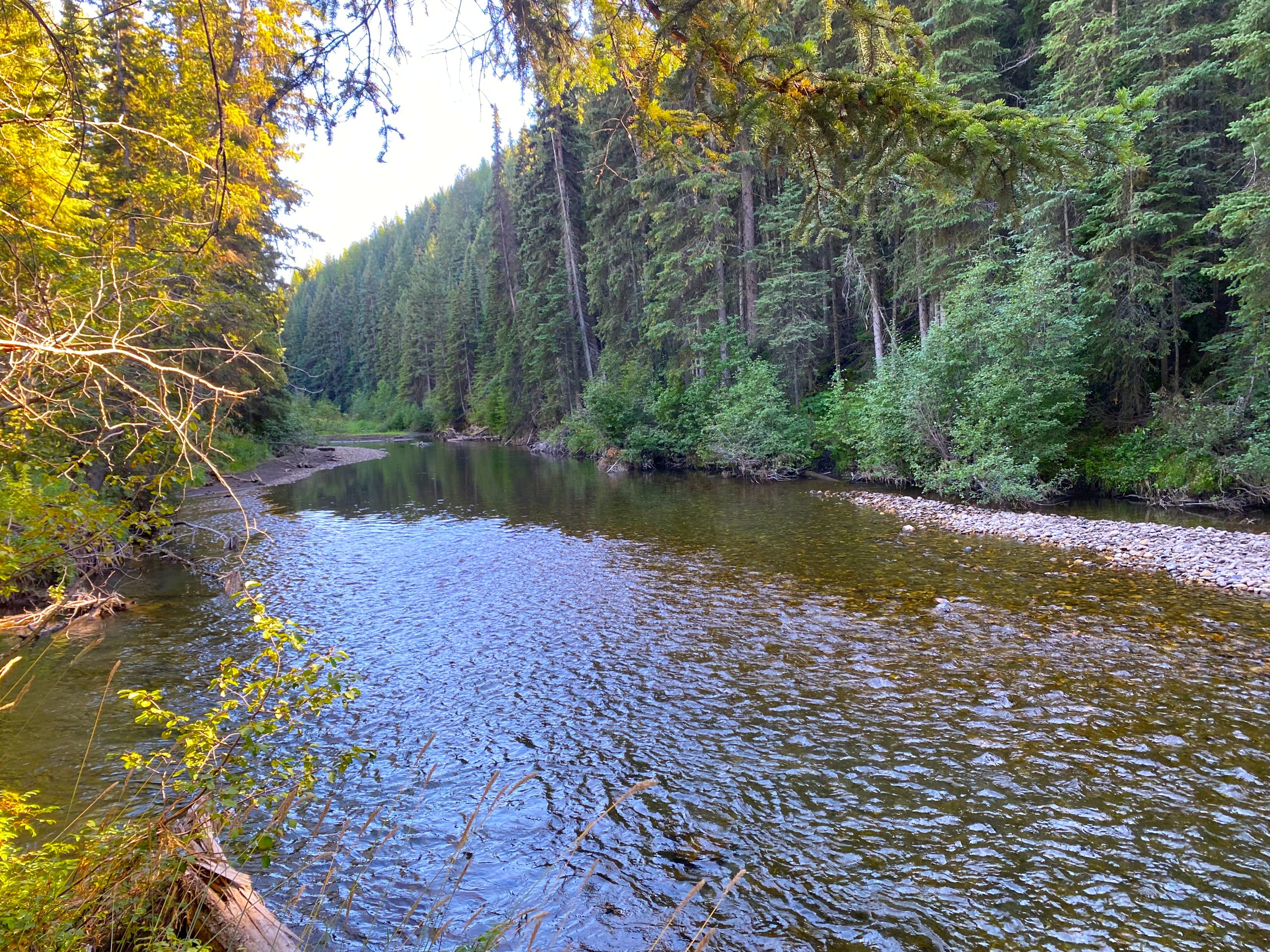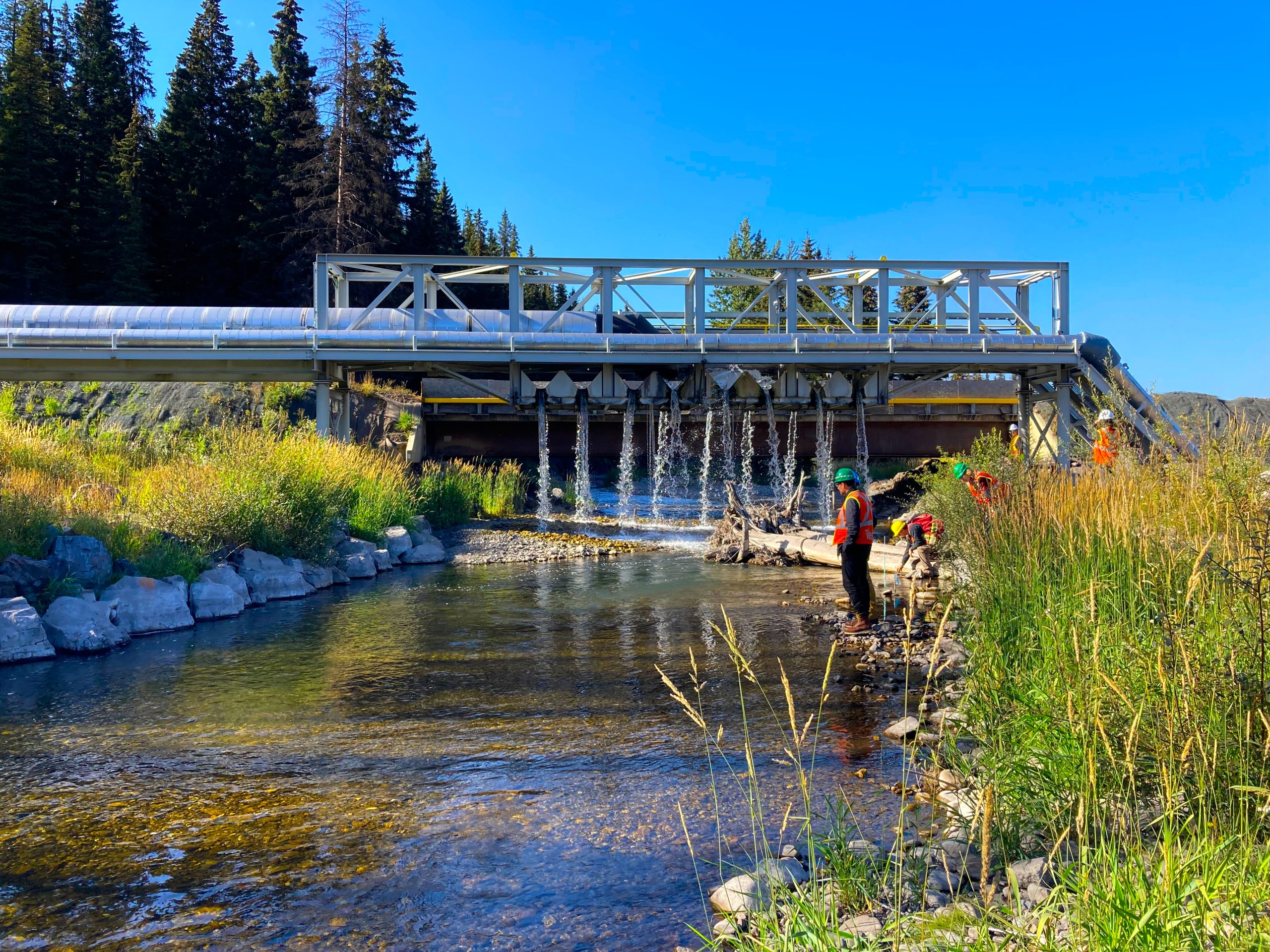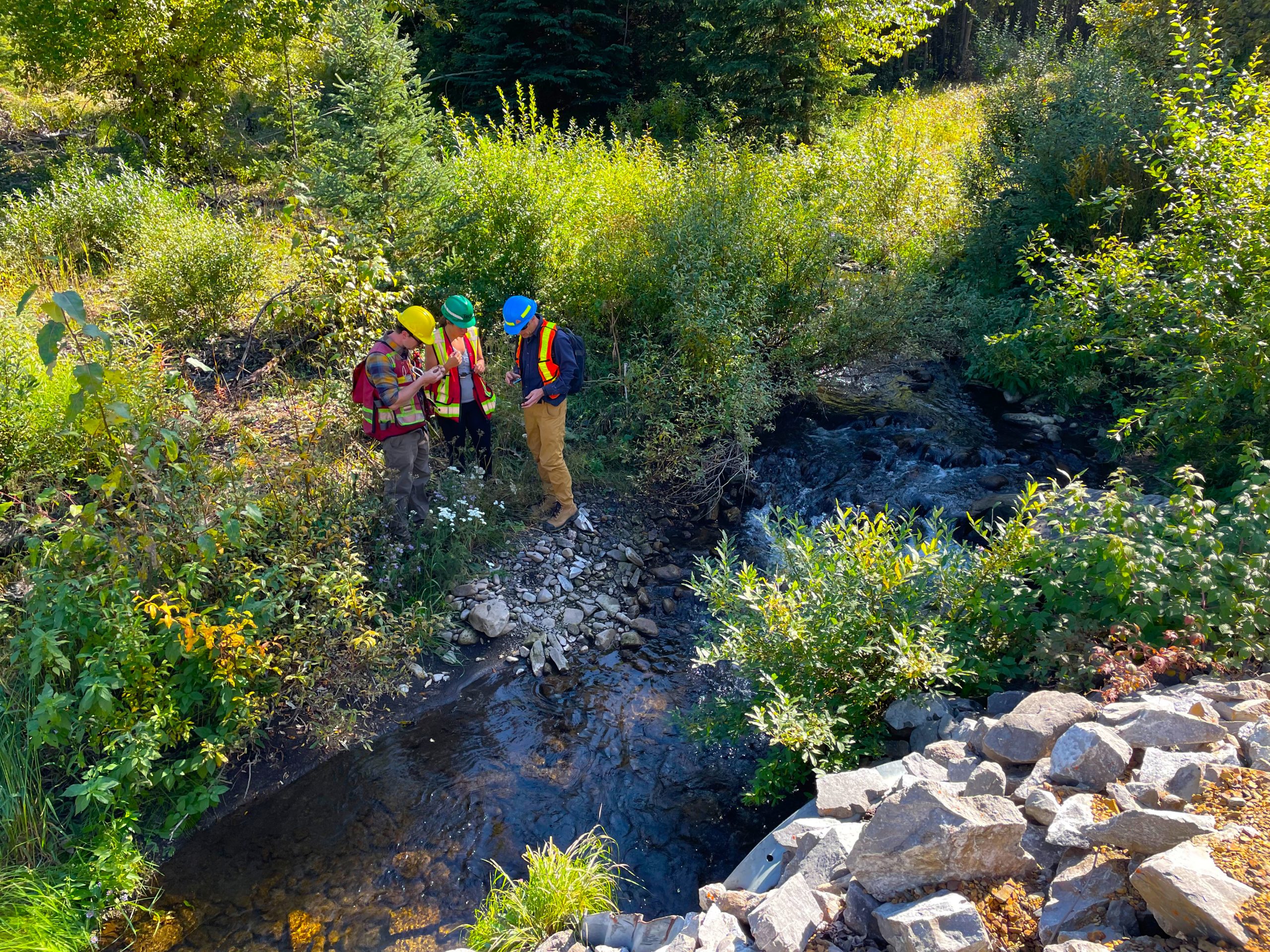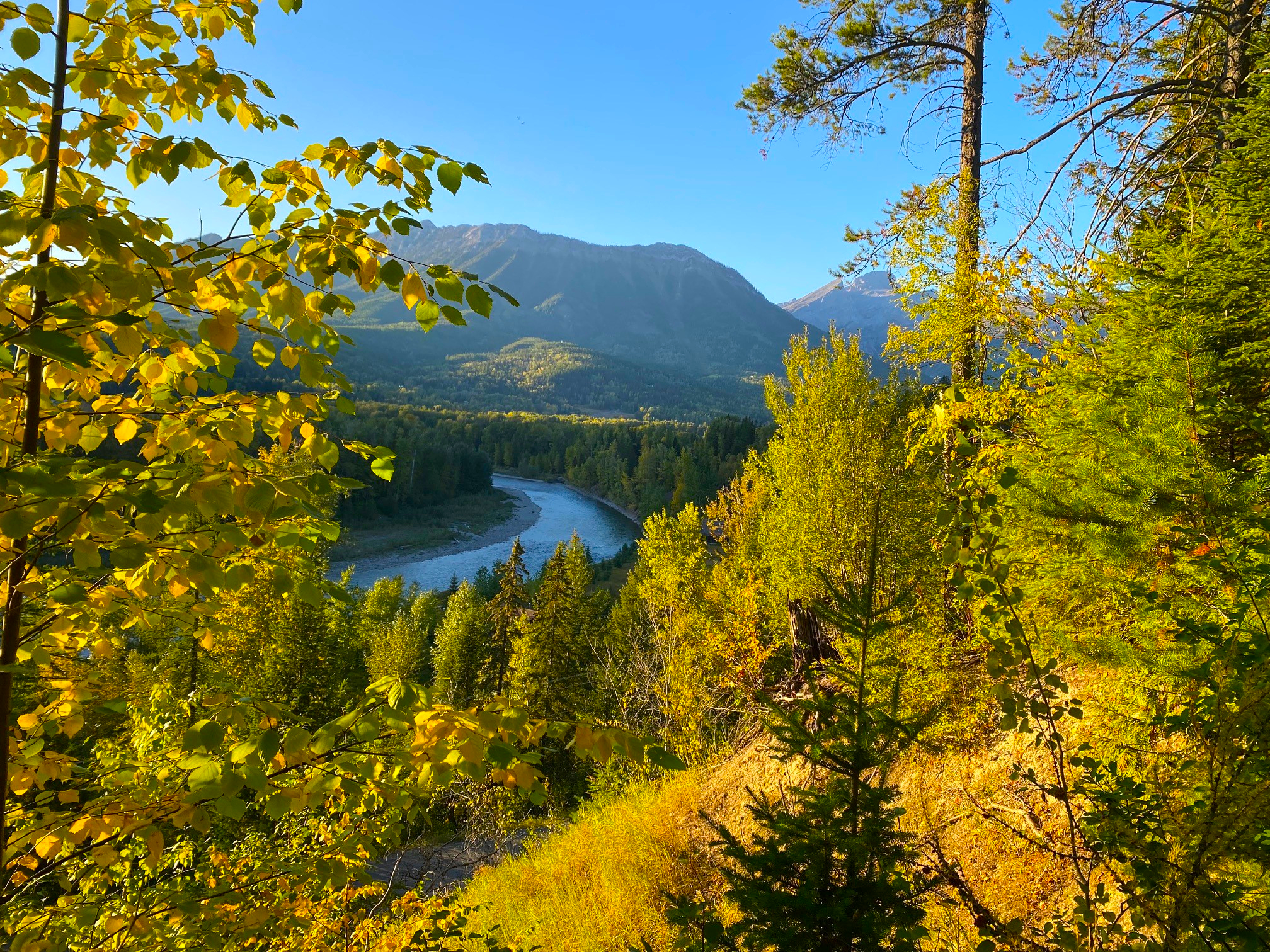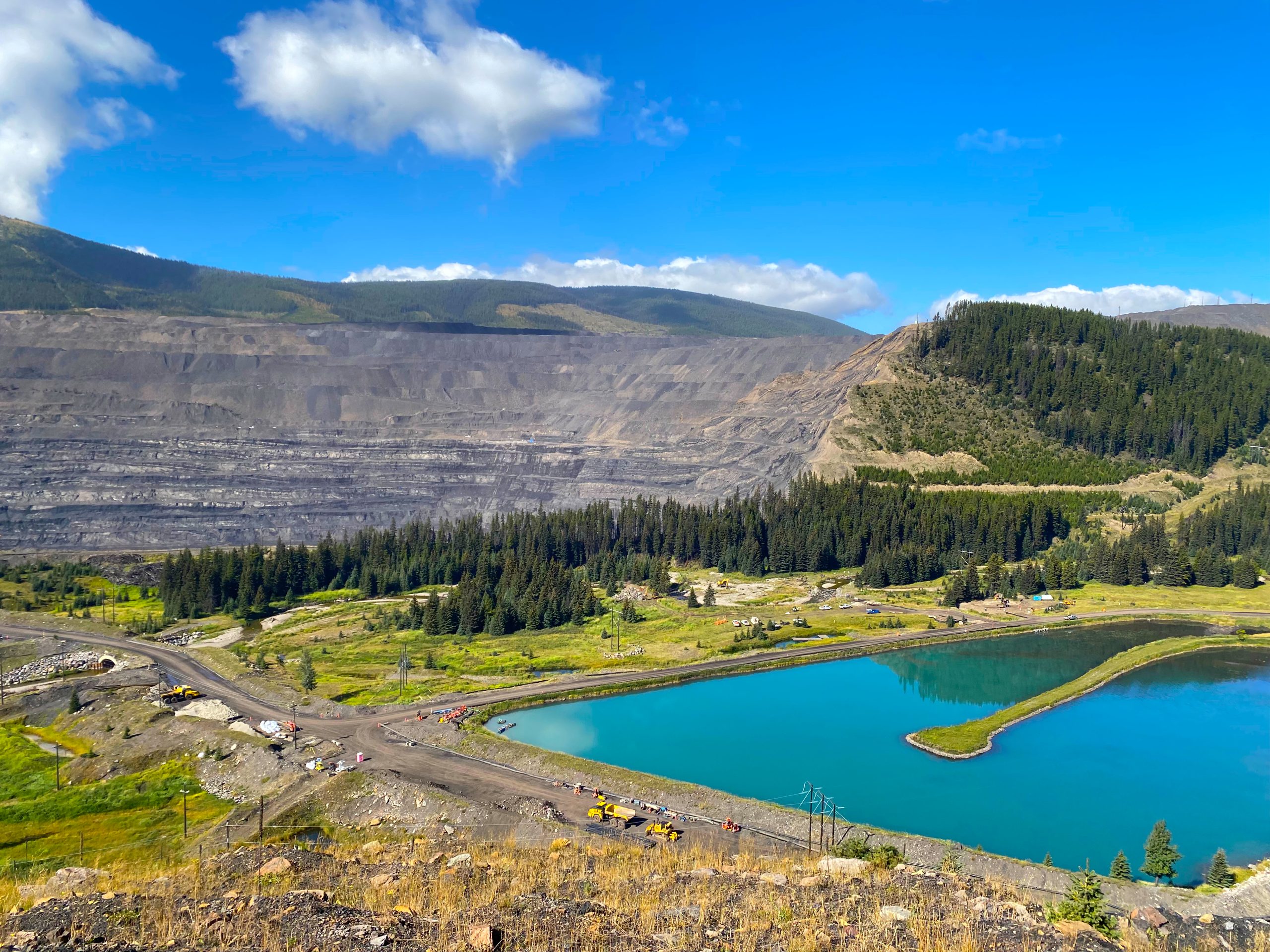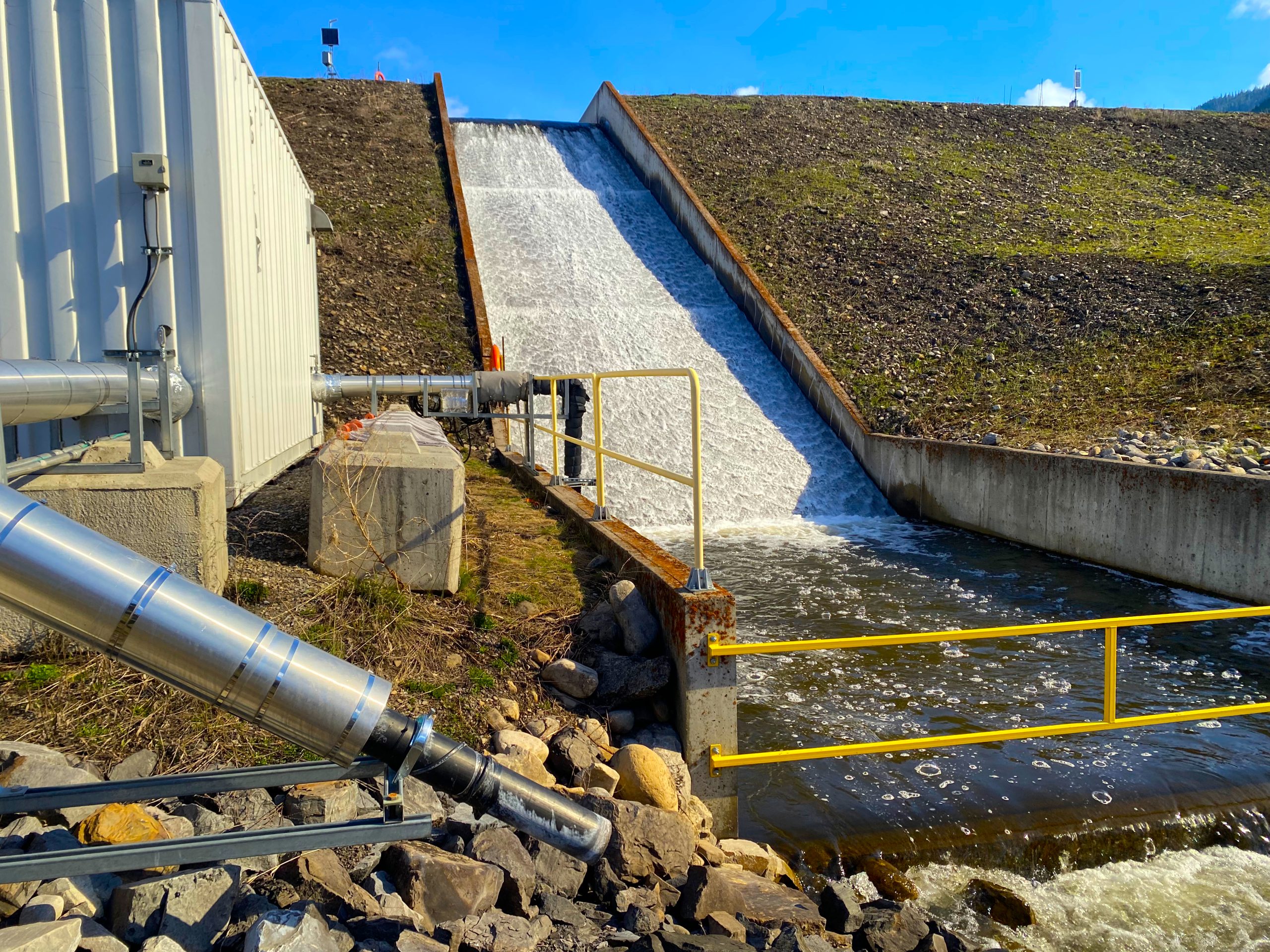In Canada, provinces are primarily responsible for regulating mining. The federal government and sometimes local governments can also play a role.
In B.C., multiple provincial government ministries work together and with Indigenous Nations through the lifecycle of a mine to ensure projects are planned, operated and closed safely. Permits and other authorizations from these ministries need to be in place before mines are built or begin operating.
Compliance and enforcement inspectors ensure mining companies follow the laws and regulations and meet permit requirements.
The BC Mine Information website contains information about metal and coal mines across the province.
This includes:
- Certificates
- Permits
- Inspection records
- Annual reclamation
- Compliance and enforcement decisions
Learn more about responsible mining in B.C.
Major mines in British Columbia
The term “major mine” is used to distinguish moderate to largescale mineral and coal mining operations from the other types of operations that are defined as mines under B.C.’s Mines Act like sand and gravel pits, quarries, and placer mines.
Major mines typically produce metal and coal, but very large aggregate or industrial mines may qualify as major mines. Major mines require authorizations from many different federal and provincial agencies.


